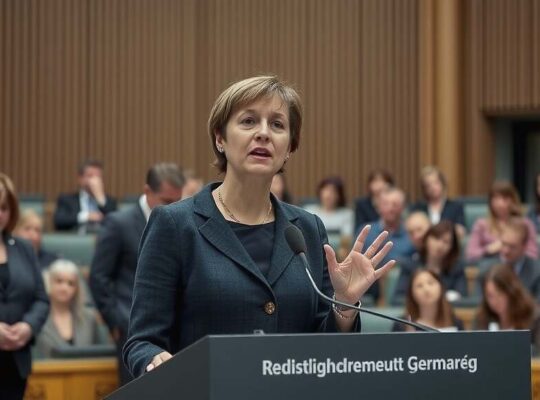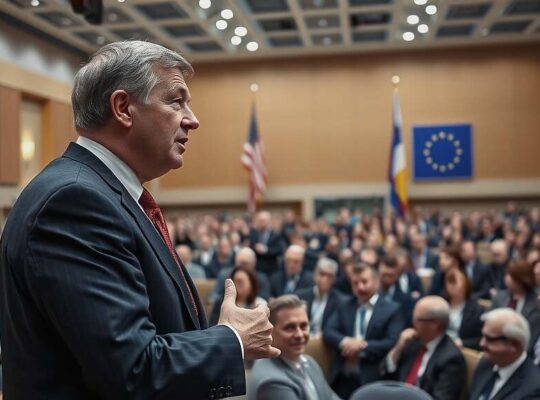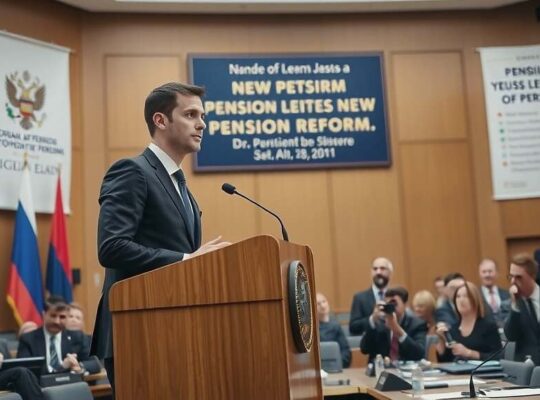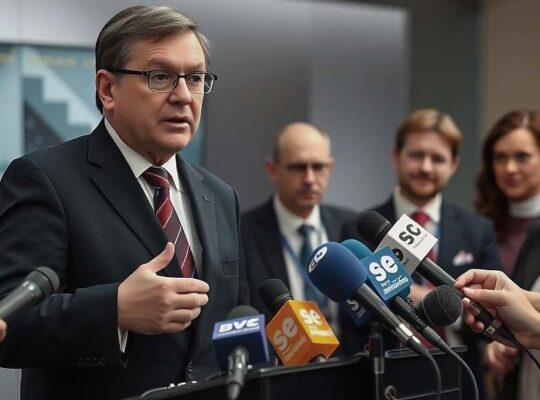Brazilian President Luiz Inácio Lula da Silva has issued a stark rebuke to wealthy nations ahead of the upcoming UN Climate Change Conference (COP30), demanding they honor long-standing financial commitments and confront mounting accusations of climate hypocrisy. In a compelling op-ed published in the Frankfurter Allgemeine Zeitung, Lula underscored the urgent need for resources to effectively combat the climate crisis, directly challenging recent tendencies towards inaction and outright disengagement exhibited by several industrialized nations.
The president’s intervention is particularly pointed given Brazil’s impending role as host of COP30 in Belém and arrives against the backdrop of a conspicuously absent U.S. delegation, a move widely interpreted as a demonstration of waning commitment to multilateral climate action. Lula’s argument centers on the principle of “common but differentiated responsibilities” asserting its inviolability as the bedrock of any viable climate accord.
Beyond simply reiterating existing principles, Lula’s message conveys a growing frustration within the Global South regarding the discrepancy between pledged support and actual disbursement of climate finance. He frames the issue not as a matter of charity, but as a fundamental question of justice, arguing that wealthy nations, having disproportionately benefited from carbon-intensive economic models, now bear a moral imperative to fulfill their obligations. Critically, he demands they address their “debt” – a veiled reference to the climate debt accumulated through decades of unchecked industrialization.
Looking forward, Lula announced Brazil’s intention to advocate for the establishment of a UN Climate Council directly linked to the General Assembly. He positioned this proposed body as a crucial mechanism for enforcing compliance with national pledges, suggesting it could inject much-needed dynamism and accountability into the currently “paralyzed” multilateral system. The creation of such a council, if realized, could represent a significant shift in the global governance of climate action, potentially empowering the Global South and directly challenging the traditional dominance of industrialized nations in shaping climate policy. The effectiveness of this initiative will hinge on securing the necessary political will and overcoming anticipated resistance from those nations hesitant to cede authority on climate commitments.












